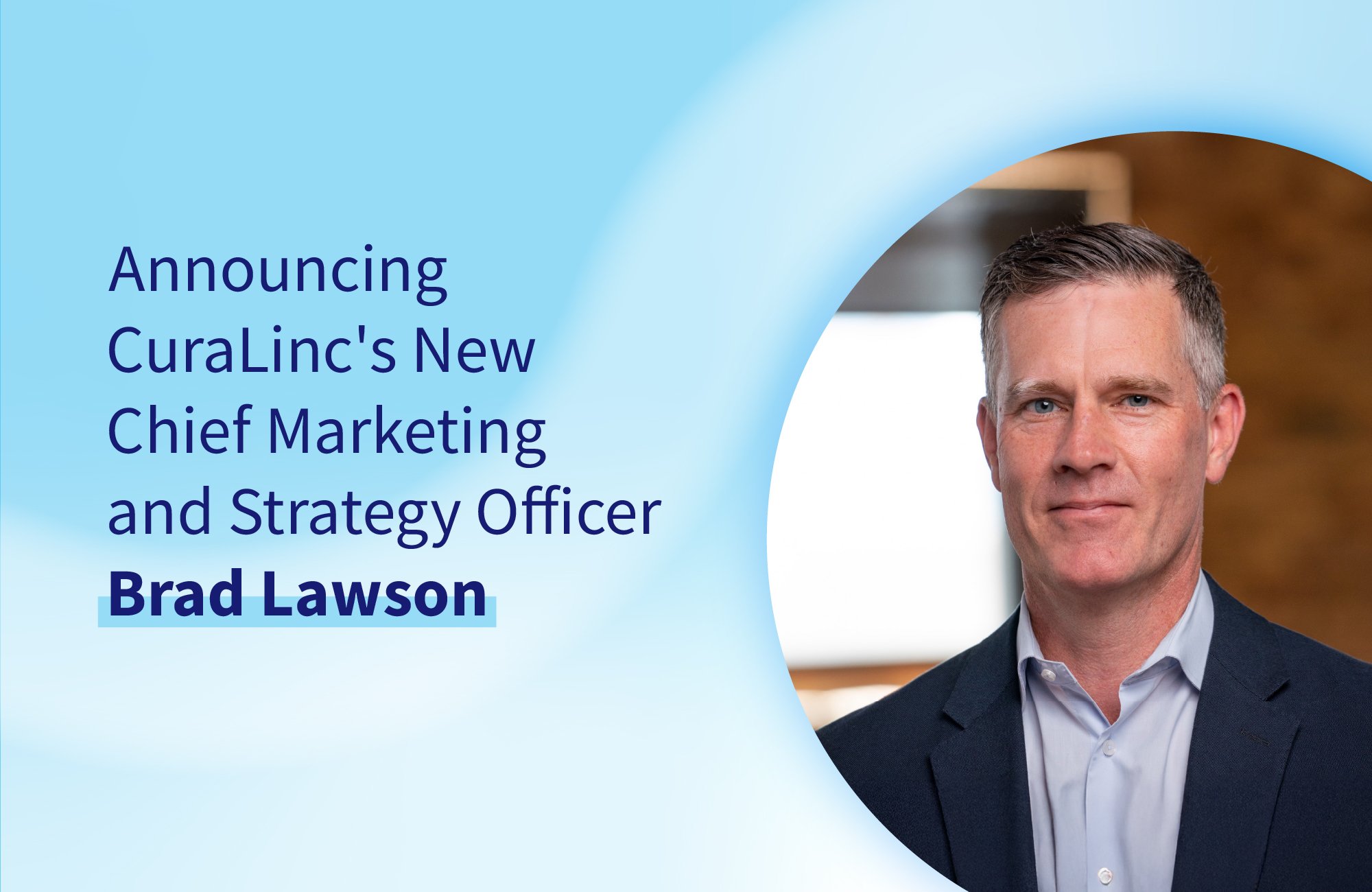Choosing the right policy for your company is a strategic decision that supports company values and employee wellbeing while maintaining a safe work environment.
A recent study found that a total of 22.5% of people admit to using drugs or alcohol during work hours. Furthermore, a recent CuraLinc study of 85,000+ employees in 8 major industries found that among those who contacted the EAP, the manufacturing industry had the highest rate of employees at risk of alcohol misuse, followed by retail and transportation. It’s clear that different industries and individuals are impacted by substance use in various ways.
When choosing a substance use policy, employers must consider their industry, company culture, objectives and legal risk, among other things. For example, while alcohol is more commonly used on the job, substances like THC are common results when testing due to being detectible in urine for up to 30 days. Taking information like this into consideration may impact the policy you select. Ultimately, it’s a strategic business decision that will affect the wellbeing of the company and all employees. That’s why it’s important to choose the right policy for your workplace – and to ensure it is supported by company leadership and other policies and programs, such as mental health benefits, wellbeing promotion and your employee assistance program (EAP).
By integrating these elements, employers can manage substance use more effectively and build a recovery-friendly workplace where employees feel supported and encouraged to seek help when needed.
What is a zero-tolerance substance use policy?
Zero-tolerance substance use policies do not allow employees to use drugs or alcohol during, before or after work hours. When this policy is violated, the employee is terminated. Companies may require drug screenings prior to employment, at random intervals or after workplace accidents. These policies may be most beneficial in work environments where employees are in safety-sensitive positions, such as pilots, heavy machine operators, construction workers and healthcare professionals.
Some employers with zero-tolerance policies also have self-disclosure policies, which encourage employees to disclose any substance use to management. Then, they go through something like CuraLinc’s formal management referral process so they have the employer's support in seeking treatment.
Pros of zero-tolerance substance use policies
Clearly define what is not acceptable
Can help reduce accidents and errors on the job
Potentially reduce healthcare costs while also reducing the risk of workers' compensation claims and related legal issues
Cons of zero-tolerance substance use policies
Leave no room for manager discretion
Potential to negatively impact employee relations
One-size-fits-all approach may not work in every situation
What is a second-chance substance use policy?
Second-chance policies give employees a second chance to remain with the company after receiving verified positive drug test results. If a second-chance policy is in place, employees are typically allowed to keep their jobs only if certain conditions are met – such as completing training or participating in future drug testing. For employees in safety-sensitive positions, second chance policies often come with strict parameters, such as automatic 30-day suspension.
Pros of second-chance substance use policies
Gives managers and leaders more flexibility to assess individual situations
Reduces barriers to employees receiving clinically appropriate support and care
Can help improve employee morale
Cons of second-chance substance use policies
Potential for legal issues if an employee causes harm to the public or colleagues
May be more expensive to administer due to increased testing required for employees upon returning to work
How to choose the best policy for your company
When choosing a substance use policy, employers should consider company culture, values and priorities. In addition, job roles, potential safety challenges and any industry legal and compliance issues should be considered. Finally, an employer’s workplace mental health program must support company policy. That means those who are experiencing substance use challenges have convenient access to the kind of personalized care and treatment that will help them safely return to work.
How a workplace mental health program can complement substance use policies and support employees
The right workplace mental health program helps employers build a recovery-supportive workplace and provides employees with convenient access to personalized and clinically appropriate care.
Reduce stigma and remove barriers to care
Some of the most common barriers to receiving proper care for substance use are locating available treatment options, stigma and fear of job loss. A recovery-supportive workplace fosters a culture where employees feel safe to share their experiences and ask for help. This openness helps reduce stigma and encourages other employees to seek treatment.
To build a culture that supports employees in recovery, employers must go beyond introducing substance use policies and available support avenues during onboarding or only bring them up when a concern arises. They should establish and continuously promote clear pathways to support, with their EAP or workforce mental health program serving as a strong foundation for ongoing education, support and intervention.
CuraLinc’s Addiction Care Navigator enables employees who suspect they have a problem with substance use to access a brief, clinically validated assessment. Once completed, they receive a risk analysis and a personalized action plan. This is one example of how employers can help eliminate the stigma and barriers to care often associated with substance use. For more ideas on how to support employees with substance use disorder, check out our blog: Supporting Employees With Substance Use Disorder: Encourage Communication and a Path to Recovery.
Support for managers and HR professionals
Managers and human resources professionals also need support to address substance use issues more effectively. Leaders across the organization should be trained on company policies, how to address potential substance use issues with their employees and the resources available. Management consultations through the EAP can also be very helpful for supervisors, enabling them to speak with a certified employee assistance professional to receive guidance on handling challenging employee situations where substance use may be suspected.
Formal management referrals (FMRs) through an EAP provide a structured support process managers and HR can use to address employee substance use policy violations to retain employees and get them the help they need. Employees who consent to an FMR are provided with the appropriate level of care while managers and HR leaders remain informed about their progress, next steps and any return-to-work details. This enables managers to continue focusing on the wellbeing of their entire team while ensuring those who need additional support are receiving it. It also removes some of the pressure managers and HR leaders can experience because they have additional support from experienced, trusted professionals.
In fact, CuraLinc’s data showed that 21% of FMRs are initiated for those at risk of substance use disorders related to alcohol. Upon completion of the counseling required as part of an FMR, 83% of employees with alcohol use disorder risk recovered to no longer be at risk.
Choosing the right substance use policy takes careful consideration
Choosing the right substance use policy for your workplace is a critical decision that requires careful consideration of your company’s unique needs and challenges. Whether you opt for a zero-tolerance policy or a second-chance approach, the key is to ensure that your policy is well-supported by leadership and complemented by a robust mental health program. The recommendations we’ve provided can help ensure employees feel supported in managing substance use challenges.




